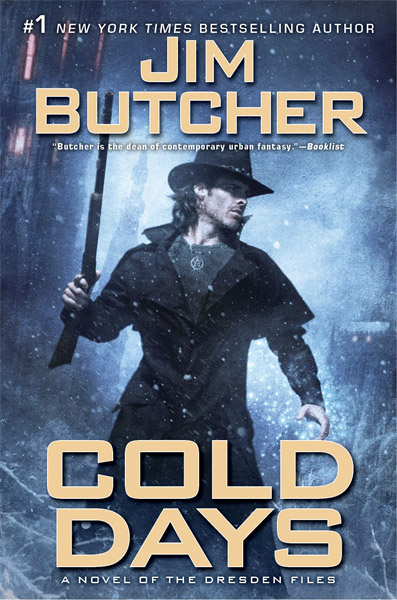To keep a treaty made long ago, the king of Idris must send his daughter to marry Susebron, the God King of Hallandren. Loath to part with his eldest daughter, Vivenna, King Dedelin instead sends his youngest daughter, tomboyish 17-year-old Siri, who struggles to make sense of the schemers and spies in Susebron's court. Hoping to rescue her sister, Vivenna joins a group of Idrian operatives with questionable motives. As Vivenna comes to terms with her magical abilities, resurrected hero Lightsong questions the role of the undead Returned Gods, who command Hallandren's mighty army of zombie soldiers.
Warbreaker was the first book by Brandon Sanderson that I read – before I tackled the mighty Mistborn trilogy (more on that later) or Elantris. I found it refreshingly original.
The world he creates is both bizarre and complex – a whole magical system based on colour, and two opposing kingdoms with vastly different views on just what that element represents and how it should be used. The plot is extremely convoluted, with many characters doing many different things, and never communicating with each other, so that things only get more complicated.
But through it all, there are a few recurring themes that give unity to the book – the difficult to grasp and even more difficult to fulfil concept of duty, the importance of familial obligation, respect of traditions, cultural tensions. At its hearth, this book is about opening your eyes to a wider world, and accepting that there are people who live with different sets of values.
The two leads are great characters – and strong women active in a complex and dangerous world. The most amazing transformation is in the character of Vivenna, who starts the book as a self-contained, self-assured – and ultimately self-centred – princess, bred to do her duty, who ends up escaping these chains and running away to an uncertain – and probably much more exiting – future. Hers is the more developed character, but I must admit to a certain fondness for light-hearted Siri, whose intrinsic joy and marvel at the world around her was simply a delight to read. She faces the worst challenges, and still sees the good in the world and the people around her.
And in the end, that is what I enjoyed the most about this book – even in the midst of tragedy (or more accurately, at its cusp) the dialogues are hilarious, the text has a sharp edge of dark humour, and the very world described is a continuous fête, the colours, the music, the art, hiding the deeper injustices of the world.
This is one of the things I love about Sanderson – he never falls back on the tried and true (wizards, elfs, goblins, etc.) but keeps us guessing and plays the reader against his own expectations. You never know what will happen next, or if you do, chances are you’re wrong. He also isn’t afraid to tackle difficult and potentially explosive subjects – and his take on the nature of religion is both interesting and imaginative, enough to invite reflection and discussion without being needlessly inflammatory.
This is the kind of book that doesn’t start with a bang, but slowly grows on you, so that by the last 50 or 60 pages, you’re up till tree in the morning to finish the story.
This is a great read for anyone who likes fantasy, particularly considering it is available for free at the author’s webpage – I’m posting a link for the final version here, but if you want to check the progression of the writing, there are numerous previous versions available as well as deleted scenes and comments by the author. Check it out!



No comments:
Post a Comment